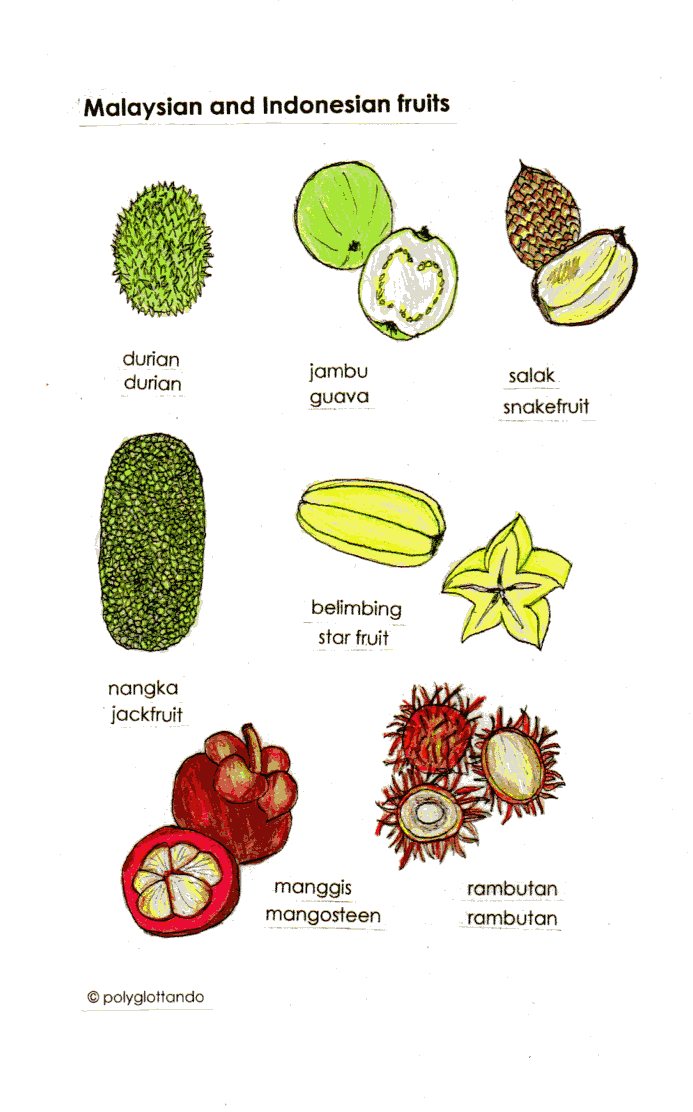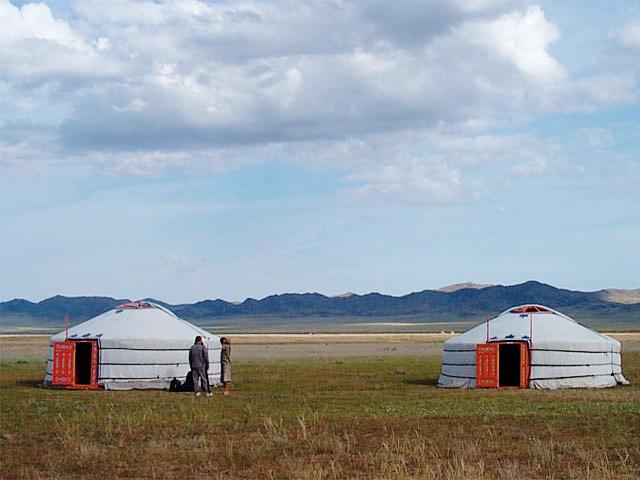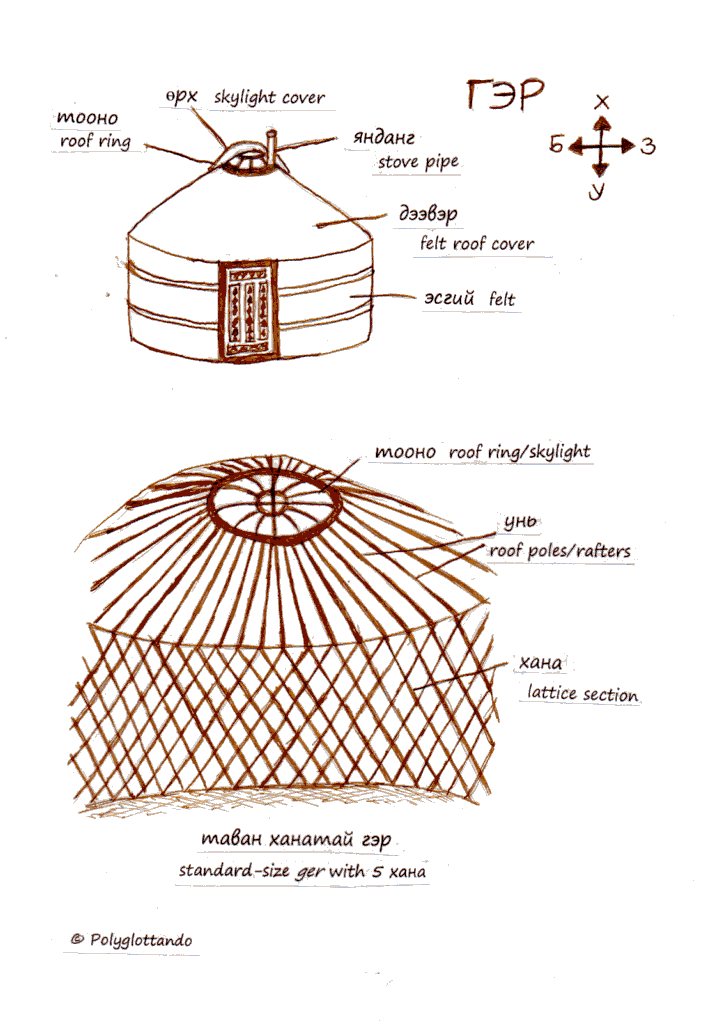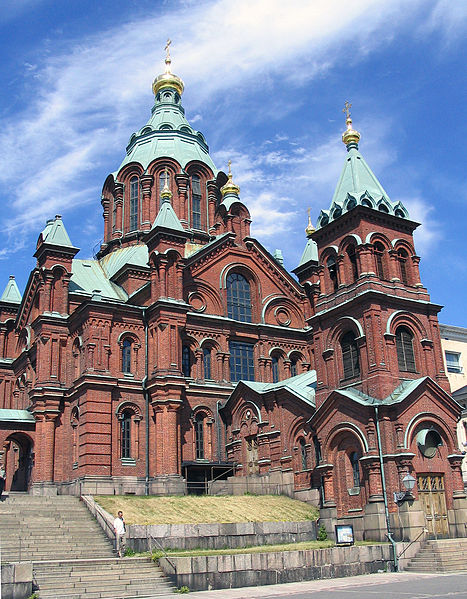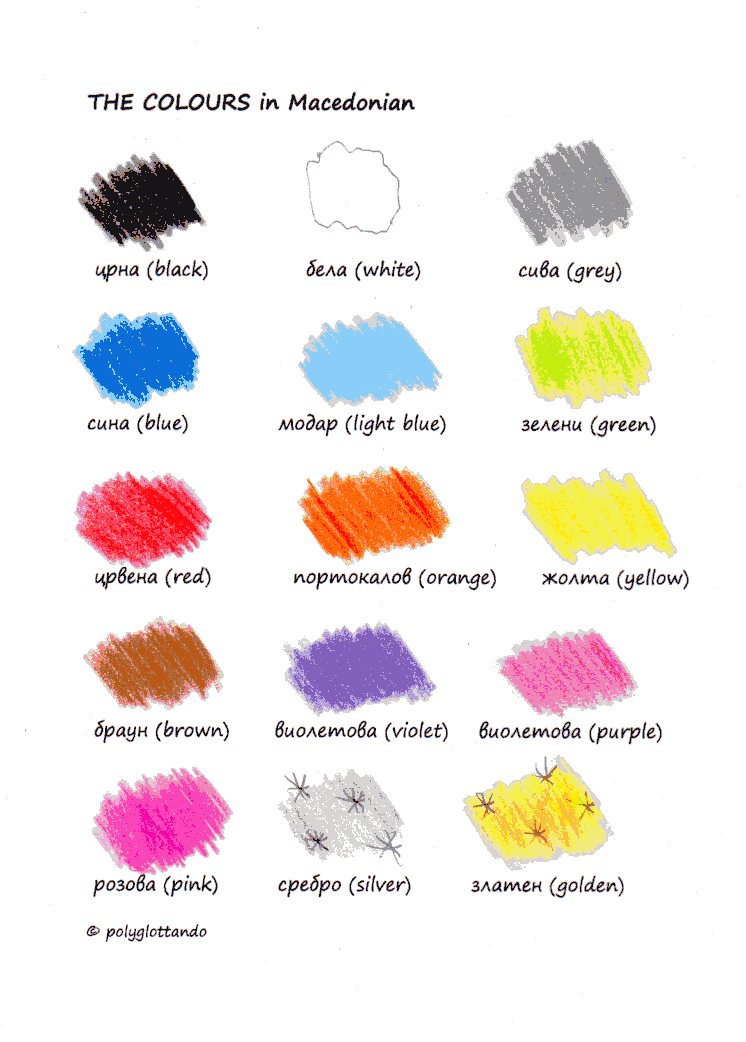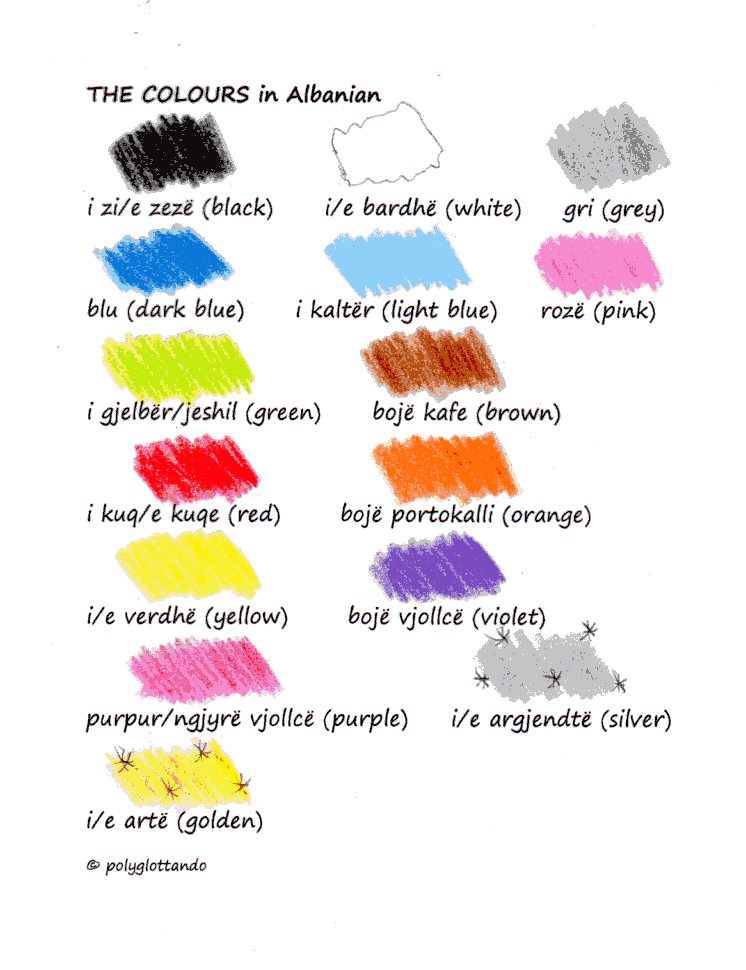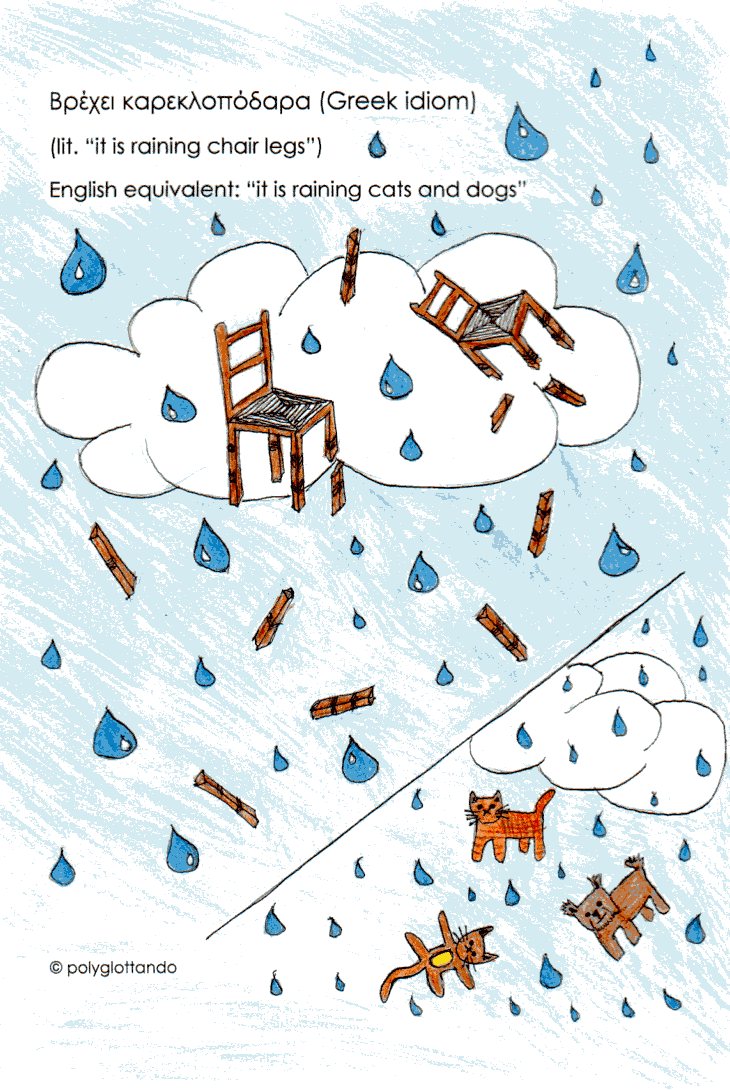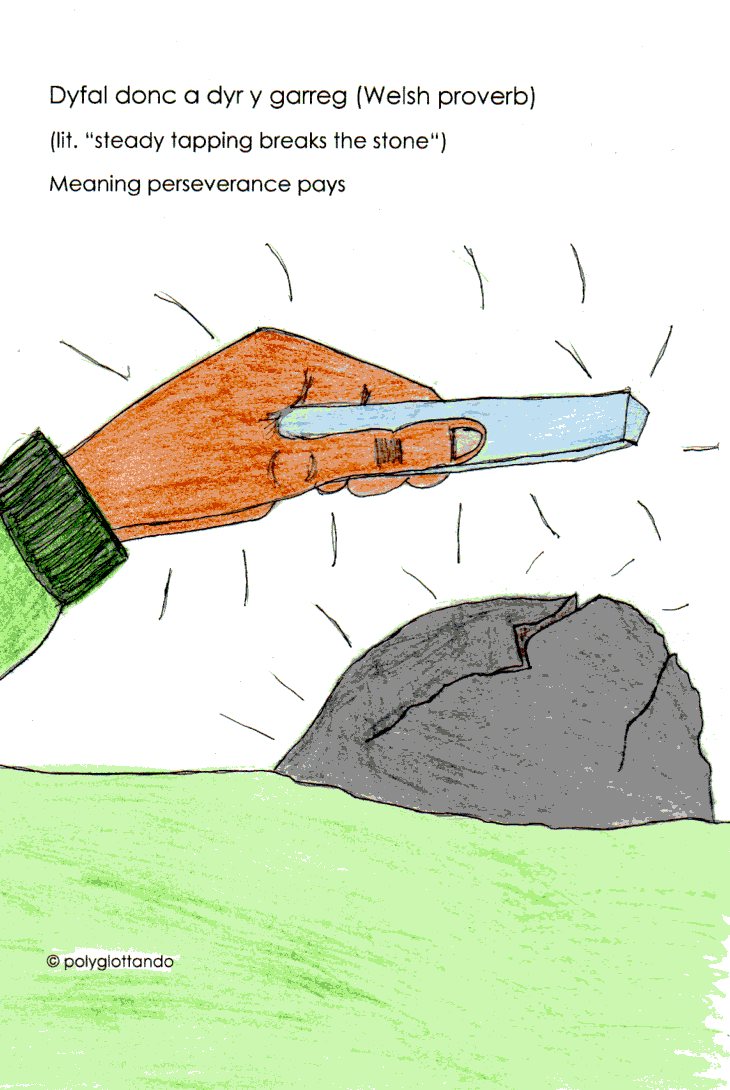Today´s post is about tropical fruits which are common in Indonesia and Malaysia, but which are rarely found elsewhere in the world and their names in Bahasa Malaysia and Indonesia.
Tag Archives: #polyglot
Mongolian yurts (ger)
Today’s blog post will be about Mongolian ger – or yurts – which literally simply means home . The term yurt is of Turkic origin and originally only referred to the mark on the ground left behind by a yurt that has been moved elsewhere and by extension to a person’s homeland and clan.
Yurts are made of portable lattice structures, the standard ger consisting of 5 lattice walls (хана) . These are held together by tension bands, which ensure that the structure does not fall apart. The yurt is covered by several layers of felt (эсгий), one layer in the summer and four layers in the winter. The wool for the felt usually comes from the pastoralists’ sheep herds. The felt coverings are often decorated with traditional Turkic geometric patterns. The lattice walls are topped by a roof ring or crown (тооно) which is held in place by rafters or roof poles (унь). In addition, one or more poles or columns support the roof ring or crown. The skylight in the crown can be covered by a skylight cover (өрх). The door always faces south.
The furnishings in a ger have fixed places:
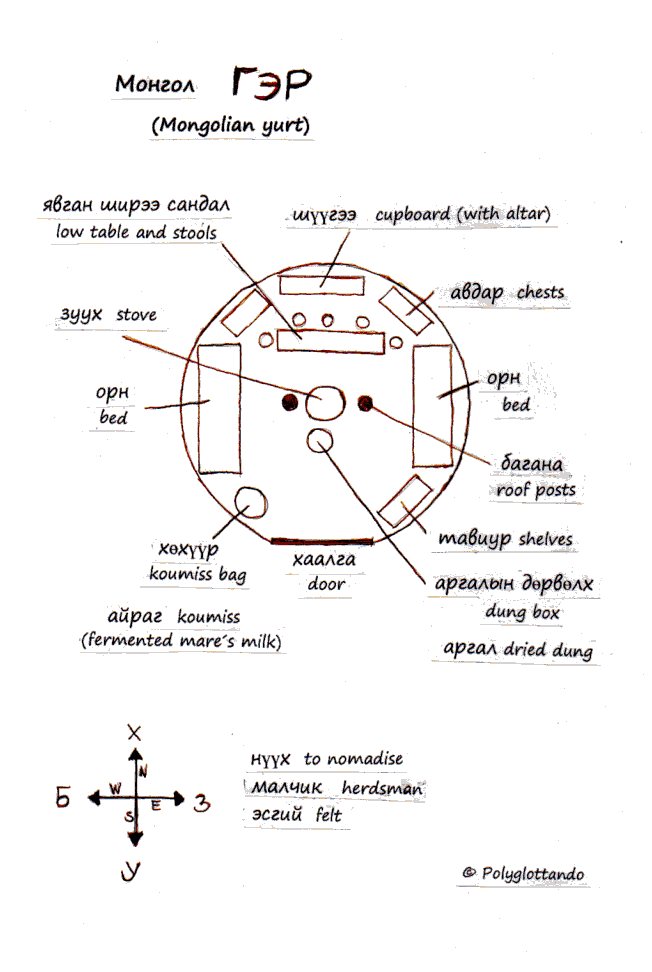 Yurts have stoves that are heated by dried dung (аргал), which is collected in the open steppe in a special basket.
Yurts have stoves that are heated by dried dung (аргал), which is collected in the open steppe in a special basket.
Cultural and educational TV in French and German “arte”
For those of you who would like to improve or practice their hearing comprehension in French or German, but who do not like the usual low-quality programs of mainstream television and who prefer to watch educational programs and documentaries about culture, history, politics, geography, sciences and topics of current interest and good movies, the French-German cultural TV station “arte” might be interesting for you. All their programs are translated into both languages and can be watched via the internet (you can choose the language on-screen after starting a program).
Pour la version française: www.arte.tv/guide/fr/plus7/
Und für die deutsche Version: http://www.arte.tv/guide/de/plus7/
(Note: These links might not work for all countries)
Finnish survival phrases !
Hei! Hello!
Moi! Hi!
Mitä kuuluu? How are you?
Näkemiin! Bye-bye!
Kiitos! Thank you!
Paljon kiitoksia! Thank you very much!
Ole hyvä! You are welcome!
Anteeksi! I’m sorry!
Hyvä on! OK!
Loistava! Great!
Onnea! Good luck!
Minun nimeni on… My name is….
Mikä sinun nimesi on? What’s your name?
Hauska tavata. Nice to meet you.
Ymmärrätkö? Do you understand?
En ymmärrä. I don’t understand.
Kyllä. Yes.
Et. No.
Apua! Help!
Puhutteko englantia? Do you speak English?
En puhu paljoakaan suomea. I don’t speak much Finnish.

